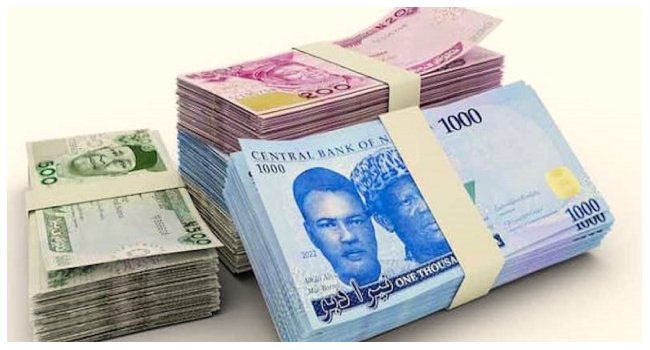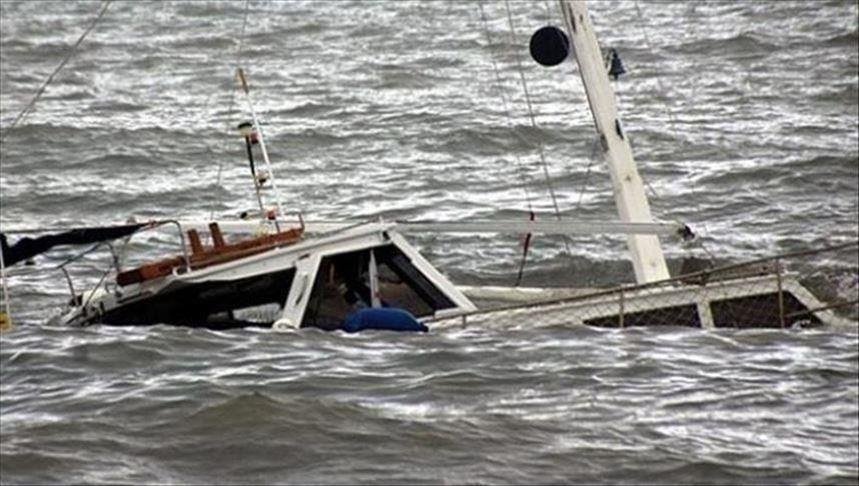Disruption is an understatement. To describe the situation lucidly, extinct is the correct word. Indeed, without equivocation, the snap of internet services last week left a tale of woes. Ogbodo Ozioma Favour reports the socio-economic challenges faced by users.
Internet service disruption almost all of last week in the Federal Capital Territory, Abuja, reportedly caused by undersea cable cuts had led to National Gridlock supply issues, and caused dire socio-economic challenges
Economic Implications
The epileptic supply of internet services in Nigeria is frequent coupled with the recent incident of cable cuts which led to businesses collapsing and causing economic implications. In this vein, Point of Sale (POS) Operators in Abuja decried the situation.
Miss Chinwe a POS operator at Kabusa in Abuja laments on the effects of the cuts and continues ecliptic internet supply affecting business transactions
“I usually switch to my customer’s hotspot to keep up with my business or I ask my customer to try another debit card or miss out on that transaction,” She said to African Health Report (AHR)
Mr Mike, a staff in a phone outlet in Abuja laments how the glitch affected business input but the store’s alternative was switching to other networks like Glo and Airtel. He said to AHR
A content writer, Miss Mide, is a resident in Abuja. A social media content creator told African Health Report (AHR), “I wasn’t able to post my content that particular day, thus, no money was made”
Cable Cuts and Economic Implications on Shopping Malls
Most shopping malls experienced a serious business failure, many customers were not able to make purchases due to the cuts. Africa Health Report (AHR) questioned a senior staff (name withheld) at ShopRite in Abuja who commented unofficially stating that,
“We had resorted to numerous means of payment and collection of cash to curtail the situation”
Internet as a Major Contribution to Nigeria’s GDP
According to recent data from the West Africa Telecommunications Regulators Assembly (WATRA) on telecommunication, Nigeria’s Gross Domestic Product (GDP) was $444.1 billion in 2020 which is over N652, 382,900,000.00 at the current dollar to naira rate.

Internet Usage Subscribers
Nigerian Communications Commission (NCC) recent data, shows that Mobile Internet users increased to about 97.5% in 2020 with over 200.9 million active mobile subscribers.
Further, According to 2024 data from the Africa statistics report on Internet users, Nigeria has more than 103 million Internet users which is the highest number reported all over Africa, and 86.2 % web traffic.
Due to economic instability, fuel subsidy removal, and pre and post-COVID implications, Many Nigerians now work remotely and this means, frequent internet usage. The inability to have stable internet coupled with the recent cable cuts leads to economic challenges and general difficulties, as an inadequate supply of goods and services.

The Banking Sector
Sometimes in 2005, The International Cable Protection Committee (ICP) warned that Undersea Cable Cuts could lead to $1.5 million worth of losses every hour in the banking industry.
In digit banking, constant internet supply plummets the stock market though many Nigerian banks’ internet services were overtly down due to the cuts and this disrupted all electronic transaction channels many banks sent out statements to their customers to switch to alternative banking systems like the Point Of Sale (POS)
For instance, First City Monument Bank (FCMB) in a message to its customers on Friday urged them to use its ATMs and POS channels to carry out their transactions.
“The resolution of the technical issue from one of our network partners is still in progress. We are actively working hard with our partner to resolve this issue.
“In the meantime, our branches and alternative channels (FCMB ATMs & POS) are available for you to carry out your transactions”.
The Health Sector
National Library of Medicine (NCBI) data shows that constant internet supply is paramount to health sectors, internet enables care providers to gain rapid access to information that can aid in the diagnosis of health conditions or the development of suitable treatment plans.
This implies that Nigeria needs a stable internet supply for proper health care services in order to avoid health hazards.
Alternative Means to Failed Internet Services
The Nigeria Communications Commission (NCC) public affairs director, Mr Reuben Muoka said on Monday in a statement that the cable cuts issue is 90% resolved,
“We are pleased to announce that services have now been restored to approximately 90 percent of their peak utilization capacities”.
Mouka, thanked Telecom service providers and customer who initiated alternative and were not affected by the cuts like MNOs and MainOne who managed to activate alternative connectivity to bring the situation back to normalcy.



